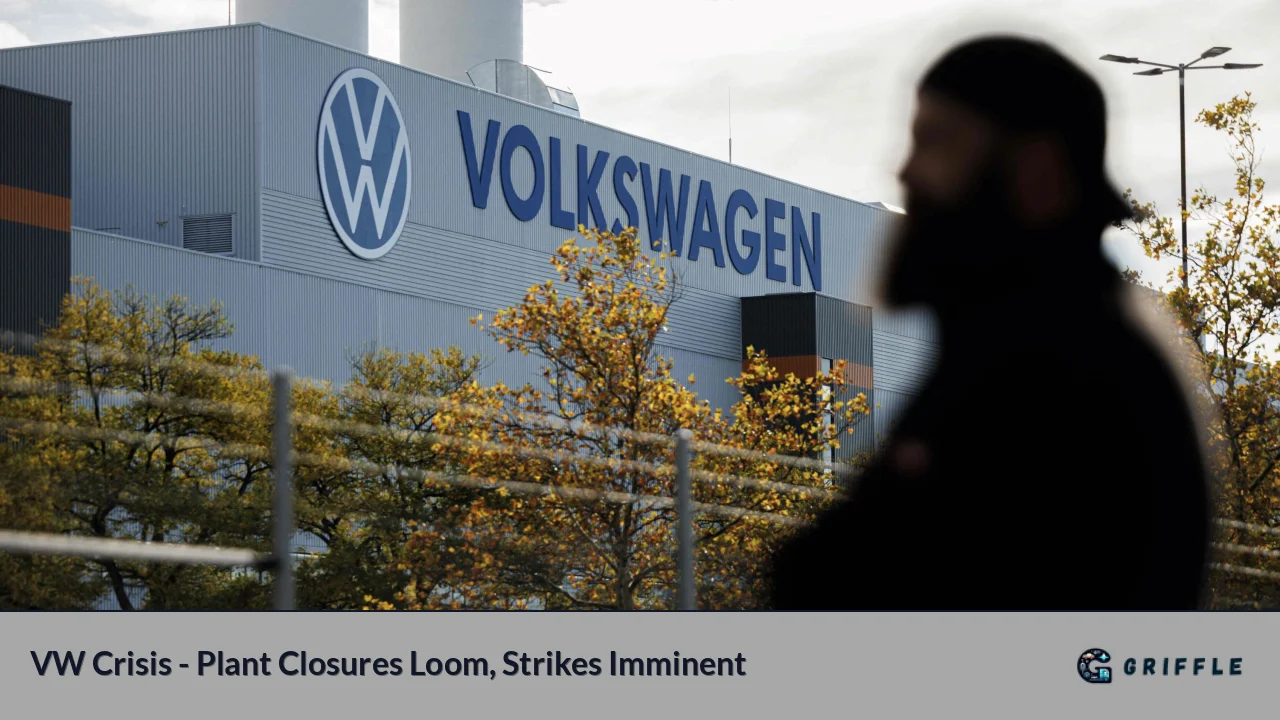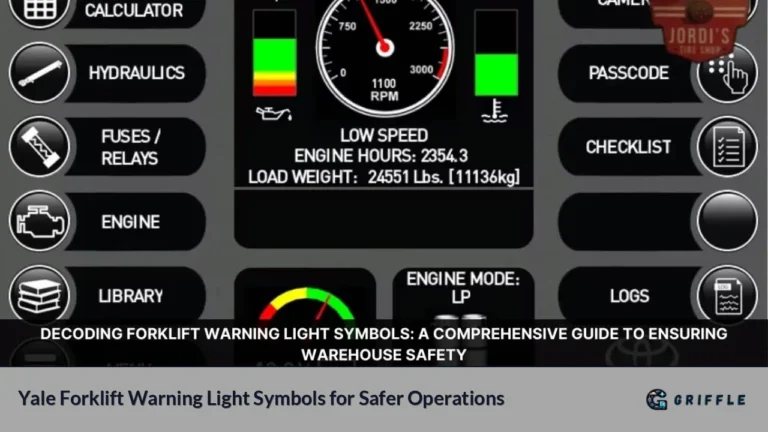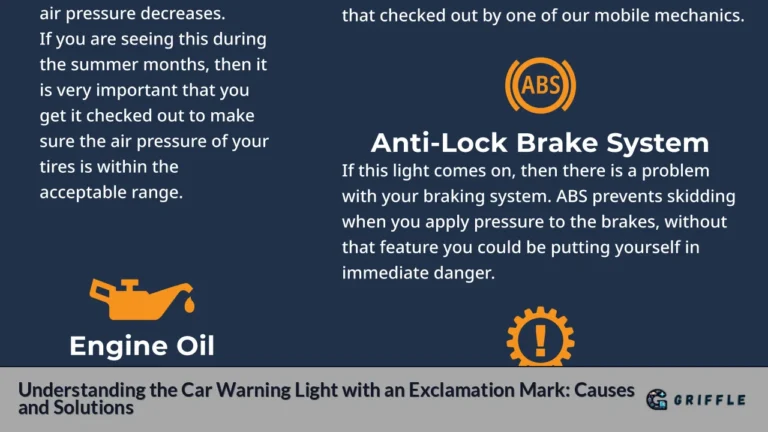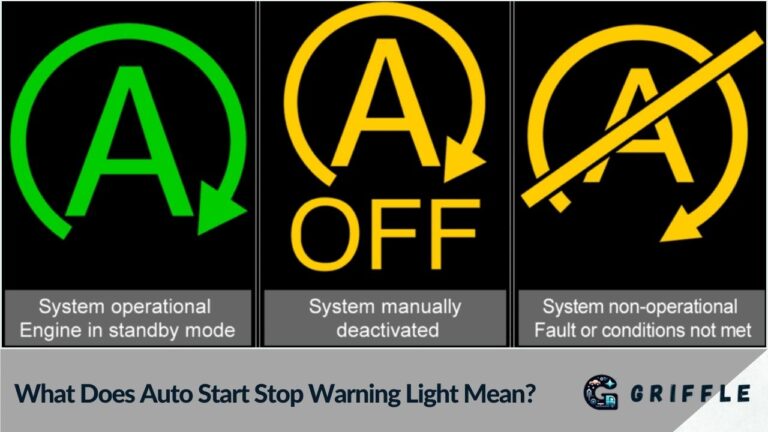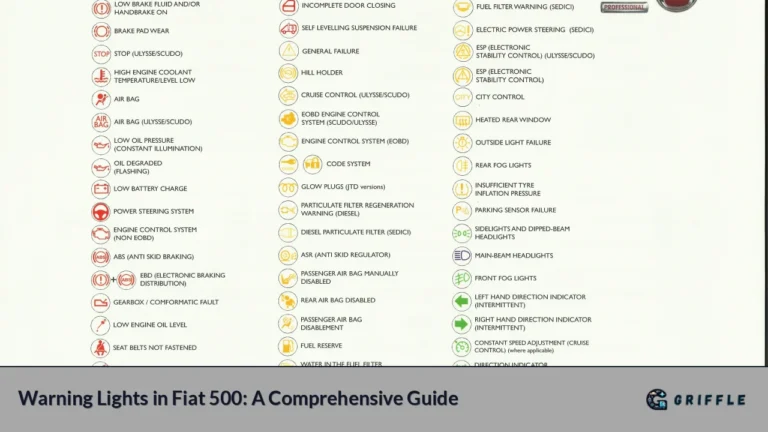In a shocking turn of events, Volkswagen, Europe's largest automaker, is facing a crisis of historic proportions. The company is on the brink of its first-ever plant closures in Germany, as labour disputes with its workforce reach a boiling point. This development marks a critical juncture in Volkswagen's 87-year history and could have far-reaching implications for the automotive industry and the German economy at large.
| Key Points | Details |
|---|---|
| Main Issue | Labour dispute over cost-cutting measures and potential plant closures |
| Union Involved | IG Metall (representing 120,000 VW workers in Germany) |
| Management Proposal | 10% pay cut, plant closures, job cuts |
| Union Counter-Proposal | €1.5 billion fund through temporary wage reductions |
| Potential Strike Date | December 1, 2024 |
| Cost-Cutting Target | €4 billion |
The Unfolding Crisis: A Perfect Storm of Challenges
Volkswagen, a cornerstone of German industry, is navigating through treacherous waters. The company is grappling with a confluence of factors that have pushed it to the brink of taking drastic measures. The potential closure of production plants in Germany, a first in the company's long history, underscores the severity of the situation.
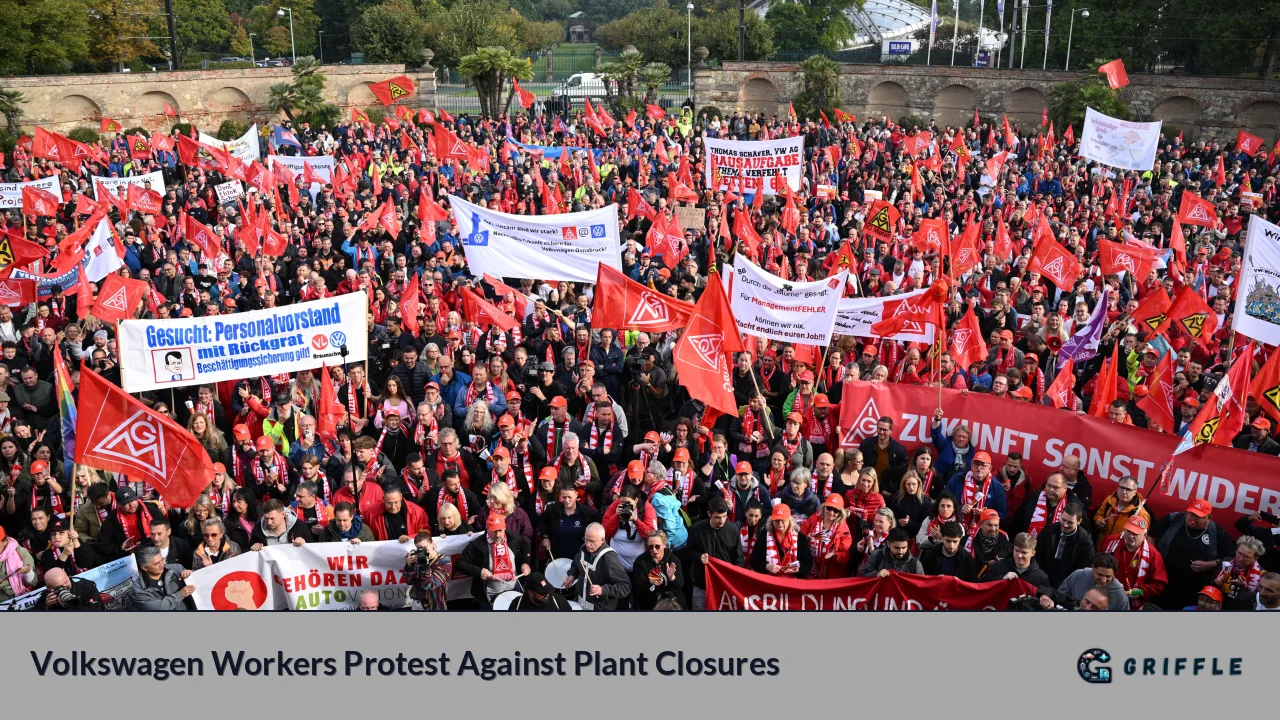
The root of this crisis lies in Volkswagen's proposed cost-cutting measures, which have met fierce resistance from the workforce. The company's management, led by brand chief executive Thomas Schaefer, argues that these measures are essential for the automaker's survival in an increasingly competitive global market. Schaefer has stated that Volkswagen needs to cut costs by €4 billion to remain competitive, a goal that he believes cannot be achieved without significant restructuring.
At the heart of the dispute is a contentious 10% pay cut proposed by Volkswagen's management. This proposal has been met with staunch opposition from IG Metall, the union representing approximately 120,000 Volkswagen workers in Germany. The union accuses the company of using the threat of layoffs and plant closures as leverage to enforce drastic savings measures[1].
"Ultimately, any solution must reduce both overcapacity and costs. We can't just stick a band-aid on it and keep dragging it along. That would come back to bite us later in a serious way," Schaefer told weekly Welt am Sonntag.[5]
This statement from Schaefer encapsulates the company's perspective on the necessity of these measures. However, it has done little to assuage the concerns of the workforce, who see these proposals as a threat to their livelihoods and a breach of trust.
The Union's Stance: A Fight for Job Security
IG Metall, known for its strong bargaining power in the German automotive sector, has taken a firm stance against Volkswagen's proposals. The union has threatened to initiate strikes across several German production plants starting December 1, 2024, if an agreement is not reached. This threat of industrial action adds another layer of complexity to an already volatile situation[2].
In a show of solidarity and determination, approximately 7,000 workers staged a protest at Volkswagen's Wolfsburg headquarters last week. This demonstration underscores the depth of employee dissatisfaction and the potential for widespread disruption if a resolution is not found quickly[1].
In a surprising move, Volkswagen's employees have shown a willingness to compromise by proposing the creation of a €1.5 billion fund through temporary wage reductions in 2025 and 2026. This proposal aims to keep plants operational and secure jobs, demonstrating the workers' commitment to finding a mutually beneficial solution[1].
"Volkswagen has opened Pandora's box by ending job security agreements, and it's up to them to restore trust," said IG Metall negotiator Thorsten Groeger.[4]
This statement from Groeger highlights the breakdown of trust between the company and its workforce, a crucial factor that will need to be addressed for any lasting resolution to be achieved.
The Broader Context: Challenges Facing the European Automotive Industry
Volkswagen's current crisis is not occurring in isolation. It is symptomatic of broader challenges facing the European automotive industry as a whole. The sector is grappling with declining demand in Europe and intensifying competition from Chinese electric vehicle manufacturers. These factors have put significant pressure on traditional automakers to adapt and cut costs[1].
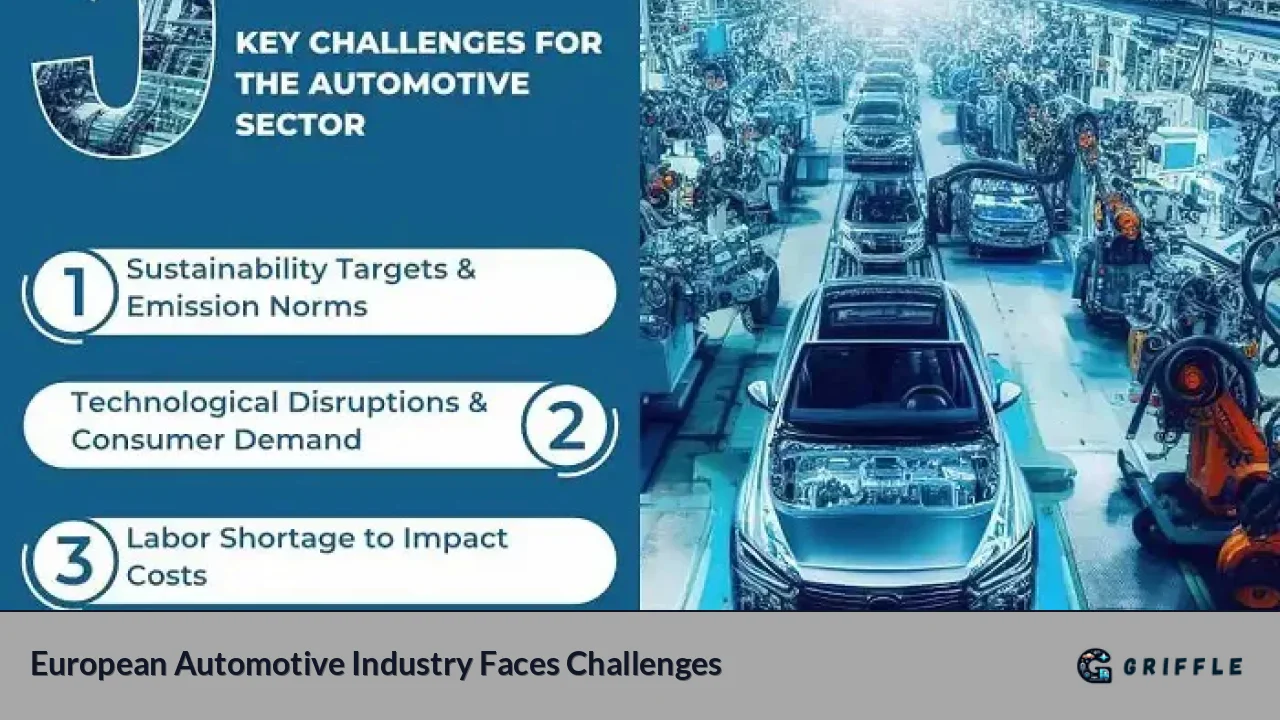
Schaefer has pointed out that labour costs at Volkswagen's German sites are approximately twice as high as those of competitors and the company's own sites in southern and eastern Europe. This disparity in labour costs puts additional pressure on the company to find ways to reduce expenses and remain competitive[5].
The Electric Vehicle Revolution: A Disruptive Force
The automotive industry is in the midst of a significant transition towards electric vehicles (EVs). This shift is not just a technological evolution but a fundamental change in the industry's structure and competitive landscape. Chinese EV manufacturers, in particular, have emerged as formidable competitors, challenging the dominance of traditional European automakers like Volkswagen.
The pressure to invest heavily in EV technology while simultaneously maintaining profitability in traditional combustion engine vehicles has put immense strain on Volkswagen's finances. This dual challenge of managing the transition to EVs while optimizing existing operations is at the core of the company's cost-cutting drive.
"It would simply take too long. There is no point in delaying restructuring until 2035. By then, our competition would have left us behind," Schaefer said, adding VW's restructuring should rather be done within 3-4 years.[5]
This statement from Schaefer underscores the urgency felt by Volkswagen's management to implement rapid and significant changes to remain competitive in the evolving automotive landscape.
The German Economic Impact: A National Concern
The potential closure of Volkswagen plants in Germany is not just a company issue; it has broader implications for the German economy. Volkswagen is a major employer in Germany, with approximately 300,000 employees in the country. The closure of plants and significant job losses could have a ripple effect on the German economy, affecting suppliers, local communities, and potentially the country's overall economic stability[2].
The German government is likely watching this situation closely, given Volkswagen's importance to the national economy. Any major restructuring or job losses at Volkswagen could potentially lead to calls for government intervention or support.
The Road Ahead: Negotiations and Potential Outcomes
As the December 1 deadline for potential strikes approaches, all eyes are on the ongoing negotiations between Volkswagen management and IG Metall. The outcome of these talks will have far-reaching consequences not just for Volkswagen, but for the German automotive industry as a whole.
Possible Scenarios
- Negotiated Settlement: The most optimistic outcome would be a negotiated settlement that addresses both the company's need for cost reduction and the workers' concerns about job security. This could potentially involve a compromise on wage reductions and a phased approach to any restructuring.
- Limited Strikes: If an agreement is not reached by December 1, we may see limited strikes at key Volkswagen plants. These could be used as a negotiating tactic by the union to pressure management into making concessions.
- Prolonged Industrial Action: In a worst-case scenario, we could see prolonged strikes across multiple Volkswagen plants in Germany. This would have significant financial implications for the company and could potentially lead to supply chain disruptions across the automotive industry.
- Government Intervention: Given the national economic importance of Volkswagen, there is a possibility of government intervention if the situation escalates. This could take the form of mediation efforts or potentially even financial support to prevent large-scale job losses.
Long-Term Implications
Regardless of the immediate outcome of the current dispute, this crisis marks a turning point for Volkswagen and potentially for the broader European automotive industry. The company's ability to navigate this challenge will be crucial in determining its future competitiveness in the global automotive market.
If Volkswagen succeeds in implementing significant cost reductions and restructuring, it could emerge as a leaner, more competitive entity better positioned to face the challenges of the EV transition. However, this could come at the cost of its traditional strong relationship with its workforce and potentially its image as a cornerstone of German industry.
On the other hand, if the company is forced to back down significantly from its proposed measures, it may struggle to achieve the cost savings it deems necessary to remain competitive. This could potentially lead to a gradual erosion of its market position, particularly in the face of increasing competition from Chinese EV manufacturers.
Conclusion: A Watershed Moment for Volkswagen and European Automaking
The current crisis at Volkswagen represents a watershed moment not just for the company, but for the European automotive industry as a whole. It highlights the immense challenges faced by traditional automakers as they navigate the transition to electric vehicles, intensifying global competition, and changing market dynamics.
The outcome of this dispute will likely set a precedent for how other European automakers approach similar challenges in the future. It will test the resilience of Germany's model of industrial relations, which has long been characterized by strong unions and worker participation in corporate decision-making.
As negotiations continue and the December 1 deadline approaches, the automotive world will be watching closely. The resolution of this crisis could shape the future of one of the world's largest automakers and provide insights into the broader challenges facing the global automotive industry.
Whatever the outcome, it is clear that Volkswagen, and indeed the entire automotive industry, is at a crossroads. The ability to adapt to new technologies, market conditions, and labour relations will be crucial in determining which companies thrive in the automotive landscape of the future.
FAQs
- What is the main issue in the current Volkswagen crisis?
The main issue is a labour dispute over proposed cost-cutting measures, including potential plant closures and job cuts in Germany. - When might strikes begin at Volkswagen plants?
Strikes could potentially begin on December 1, 2024, if an agreement is not reached between management and the union. - How much is Volkswagen aiming to cut in costs?
Volkswagen is aiming to cut costs by €4 billion to remain competitive in the global market. - What is the union's counter-proposal to Volkswagen's cost-cutting measures?
The union has proposed creating a €1.5 billion fund through temporary wage reductions in 2025 and 2026. - How many Volkswagen employees could be affected by these measures in Germany?
Approximately 120,000 Volkswagen workers in Germany, represented by IG Metall, could be affected by these measures.
Citations:
- 1. https://euroweeklynews.com/2024/11/23/volkswagen-faces-historic-plant-closures/
- 2. https://www.euronews.com/my-europe/2024/11/22/volkswagen-workers-union-threatens-to-shut-down-production-plants-in-strike-after-talks-co
- 3. https://www.marketscreener.com/quote/stock/VOLKSWAGEN-AG-436737/news/VW-brand-boss-layoffs-plant-closures-needed-to-fix-carmaker-s-problems-48441776/
- 4. https://www.industriall-union.org/vw-workers-threaten-strikes-over-plant-closures
- 5. https://www.investing.com/news/stock-market-news/vw-brand-boss-layoffs-plant-closures-needed-to-fix-carmakers-problems-3738245
